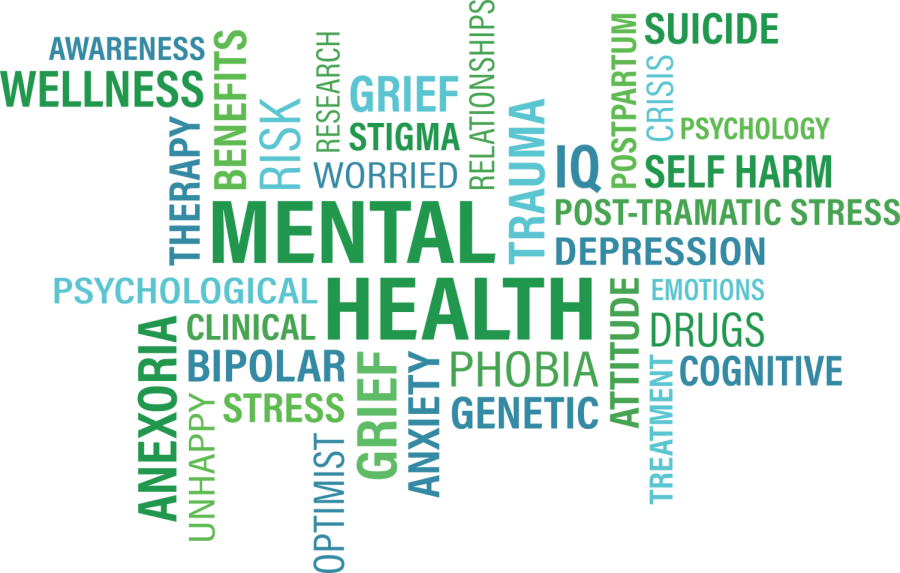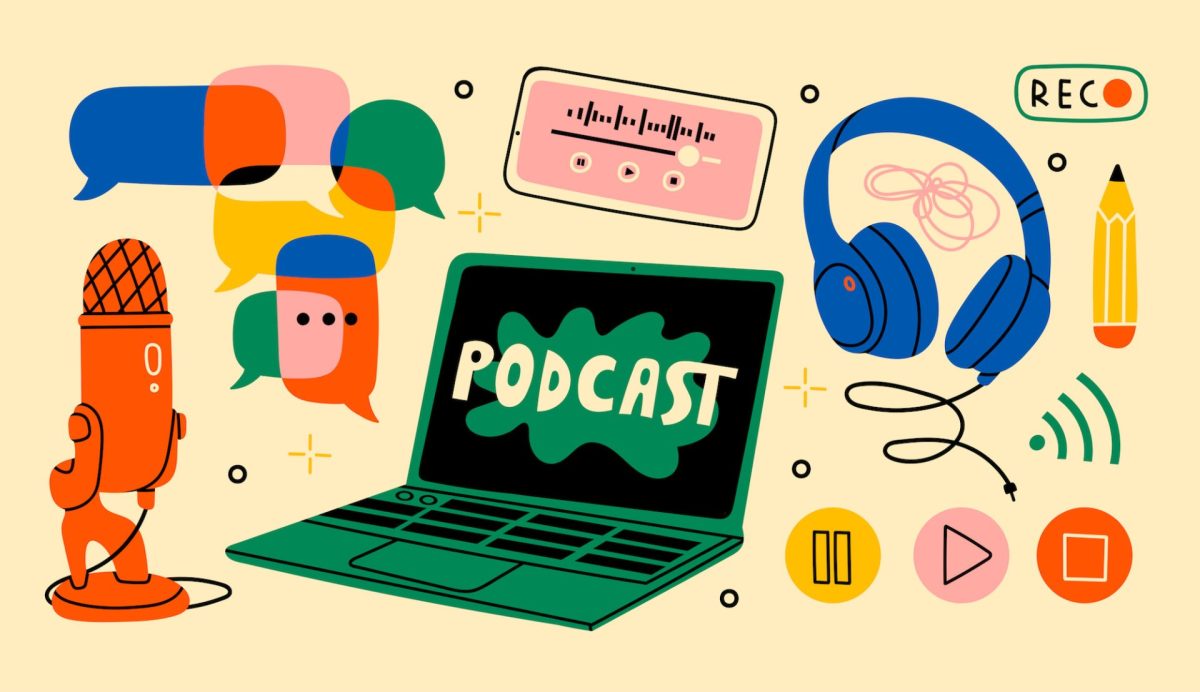Mental illness is quite common amongst teens, 1 in 5 teens (from ages 12 to 18) have at least one mental health disorder whether it’s depression, anxiety, or panic or bipolar disorder. Most mental health issues are generated from grief, stress, or trauma. One’s mental health has an effect on both physical and social health as well as relationships and academic performance.
Depression and anxiety are the most commonly diagnosed among teens. According to Polaris Teen Center, More than 11% of adolescents and teens report experiencing at least one major depressive episode in the last year, and the numbers continue to climb. Major depression affects everyone differently but is typically marked by significant and pervasive feelings of sadness that impair the ability to concentrate or fully engage in everyday activities.
Common anxiety disorders in teens include phobias and separation anxiety. Nearly 1 in 3 teens meet the criteria for an anxiety disorder by the age of 18. Relationships and personal experiences can also cause social anxiety disorder.
These disorders often make it harder for students to learn. In fact, in states like Oregon and Utah, laws were passed to allow mental health days in schools. In other states like Washington, Colorado, and Florida, they are trying to pass similar laws. In health class students are taught that mental health holds the same importance as physical health, but most states and schools are not treating it as such.
Receiving help for mental health is very important but for most people with mental health issues, the social stigma, and discrimination they experience can make their problems worse, making it harder to recover. It may cause the person to avoid getting the help they need because of the fear of being stigmatized. The stigma surrounding mental health needs to come to an end. Teens are committing suicide in fear of reaching out and getting judged and bullied.
The COVID-19 pandemic may be stressful to some, causing mental health to worsen. Some ways to cope are to take deep breaths or meditate, take breaks from social media and the news, get the recommended amount of sleep, and most importantly, avoid alcohol and drugs.
If you or someone you love is struggling with mental health or suicidal thoughts call or text the suicide hotline @1-800-273-8255.
Sources:
















